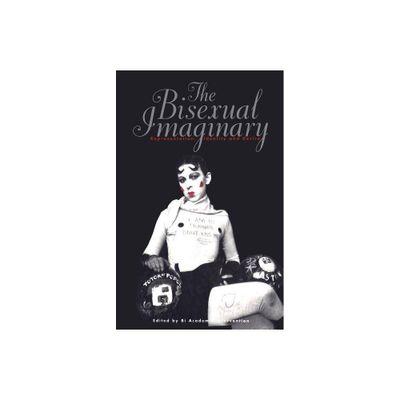Home
Mapping the Monosexual Imaginary: Bi+ Identity, Community, and Politics
Loading Inventory...
Barnes and Noble
Mapping the Monosexual Imaginary: Bi+ Identity, Community, and Politics
Current price: $105.00


Barnes and Noble
Mapping the Monosexual Imaginary: Bi+ Identity, Community, and Politics
Current price: $105.00
Loading Inventory...
Size: Hardcover
*Product Information may vary - to confirm product availability, pricing, and additional information please contact Barnes and Noble
Even though they are the largest sexual minority group in the United States, the lives, joys, and struggles of bi+ people, as well as the social structure of monosexism, are regularly overlooked in social scientific research and broader conversations about sexuality and gender.
Mapping the Monosexual Imaginary
interrupts this pattern of erasure by providing readers with a sociological examination of sexualities in society that places bi+ people and monosexism at the center of analysis. Through exploring bi+ peoples experiences navigating identity, community, and politics, Lain Mathers argues that to understand and challenge gender and sexual inequalities, we must first recognize and interrogate the structure of monosexism. At a time when attacks on LGBTQ people are increasing, this book offers an incisive examination of how an often-overlooked group within the LGBTQ community makes sense of their place in the world and what we can learn from attending to the specific issues that bi+ people face in society.
Mapping the Monosexual Imaginary
interrupts this pattern of erasure by providing readers with a sociological examination of sexualities in society that places bi+ people and monosexism at the center of analysis. Through exploring bi+ peoples experiences navigating identity, community, and politics, Lain Mathers argues that to understand and challenge gender and sexual inequalities, we must first recognize and interrogate the structure of monosexism. At a time when attacks on LGBTQ people are increasing, this book offers an incisive examination of how an often-overlooked group within the LGBTQ community makes sense of their place in the world and what we can learn from attending to the specific issues that bi+ people face in society.


















